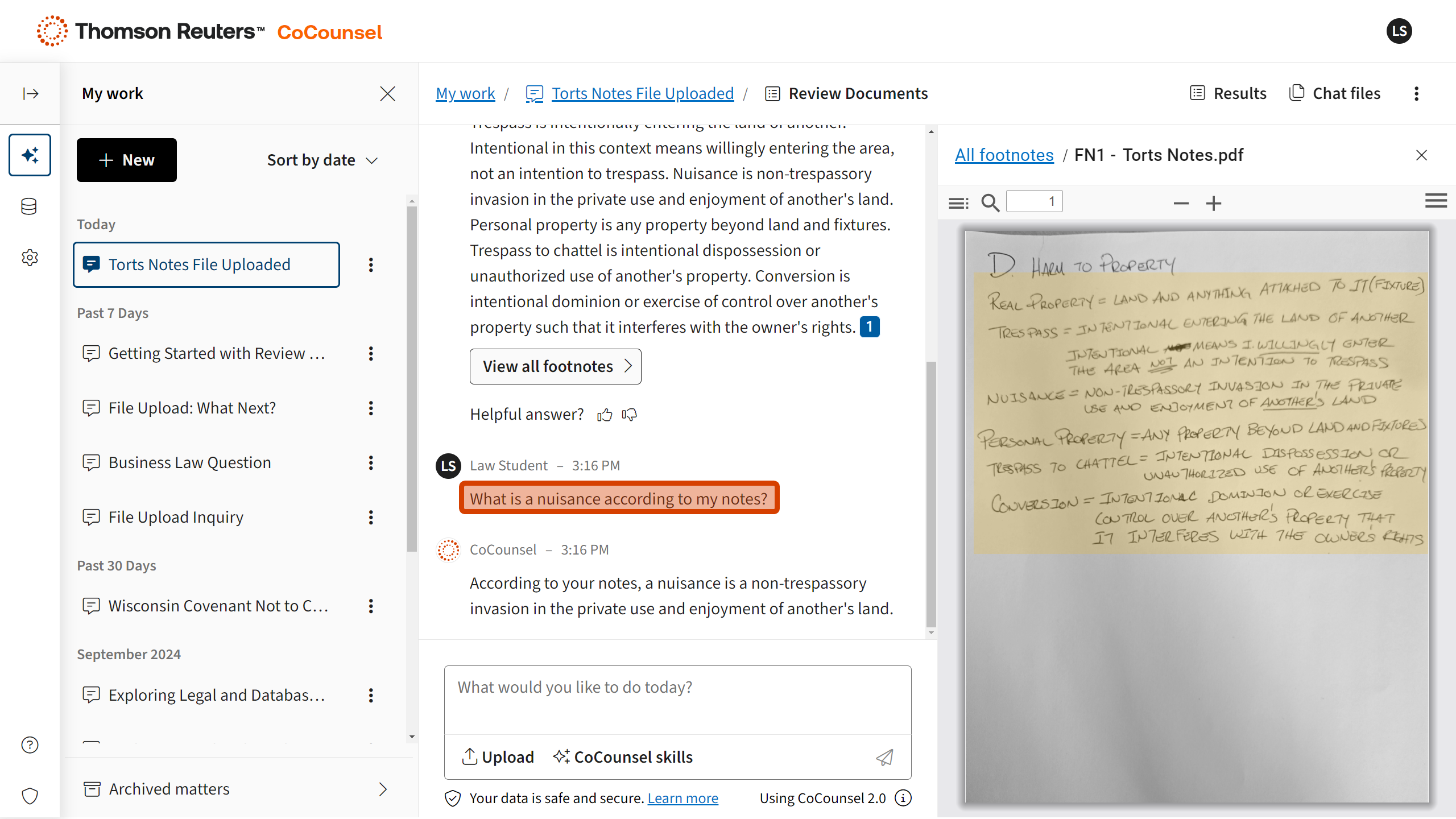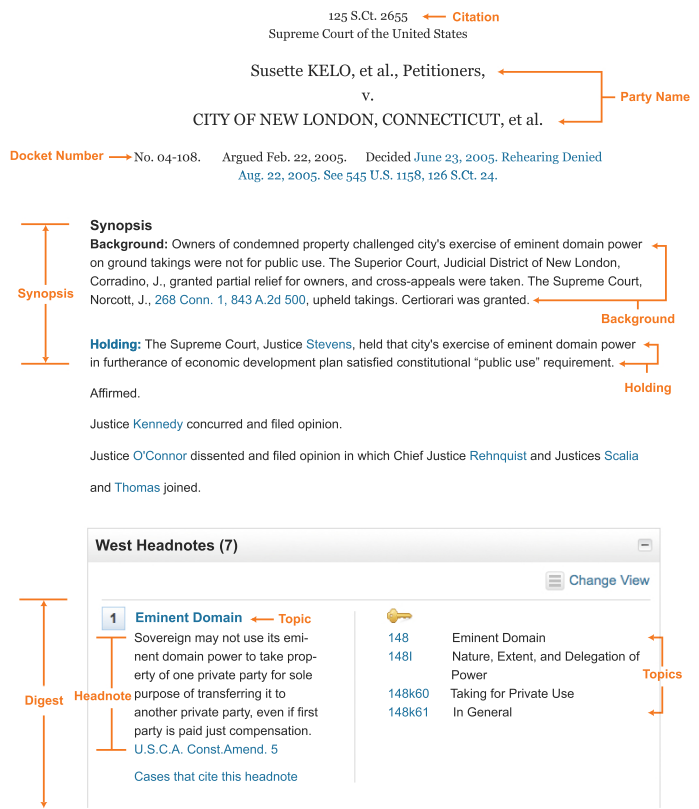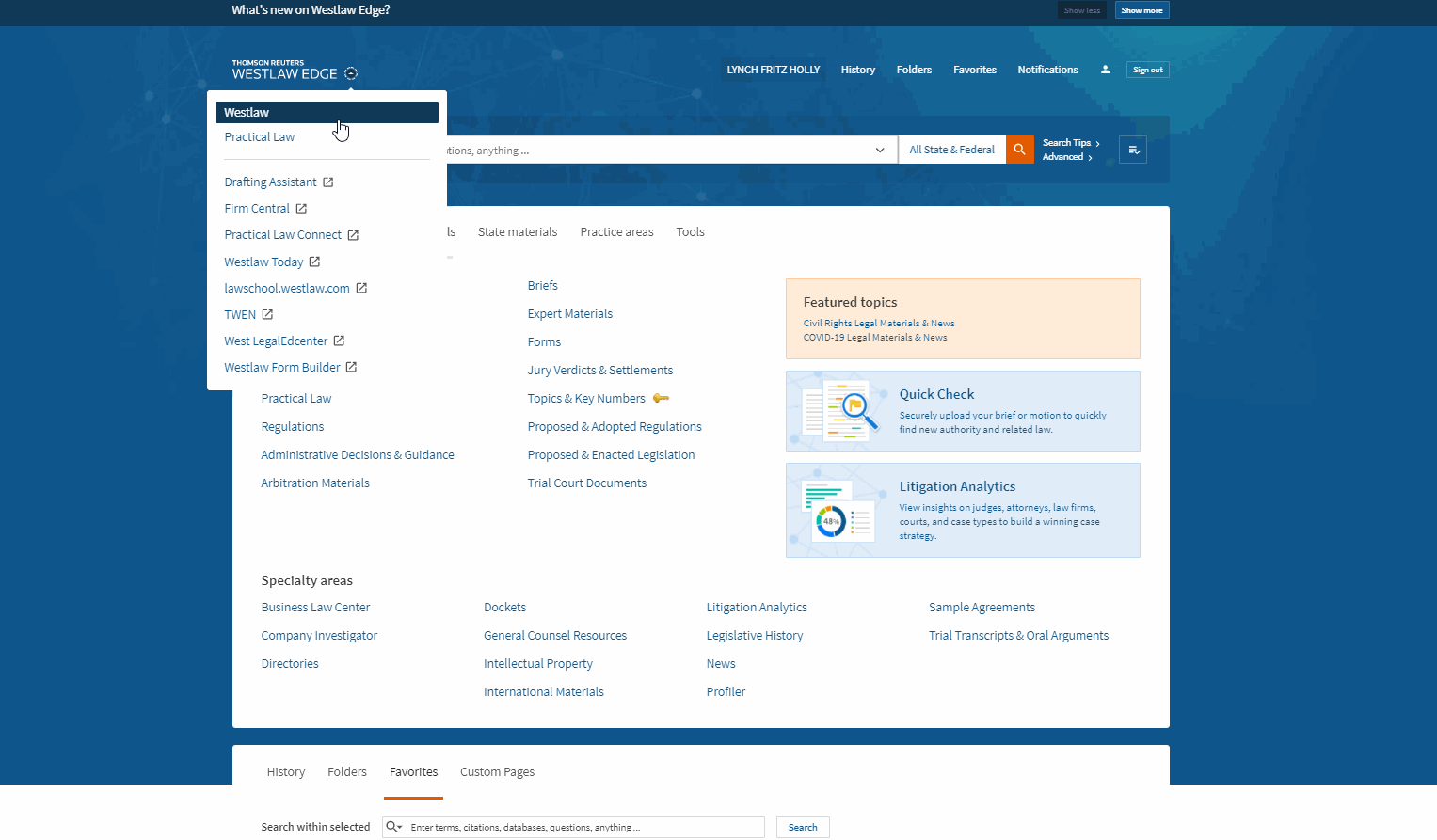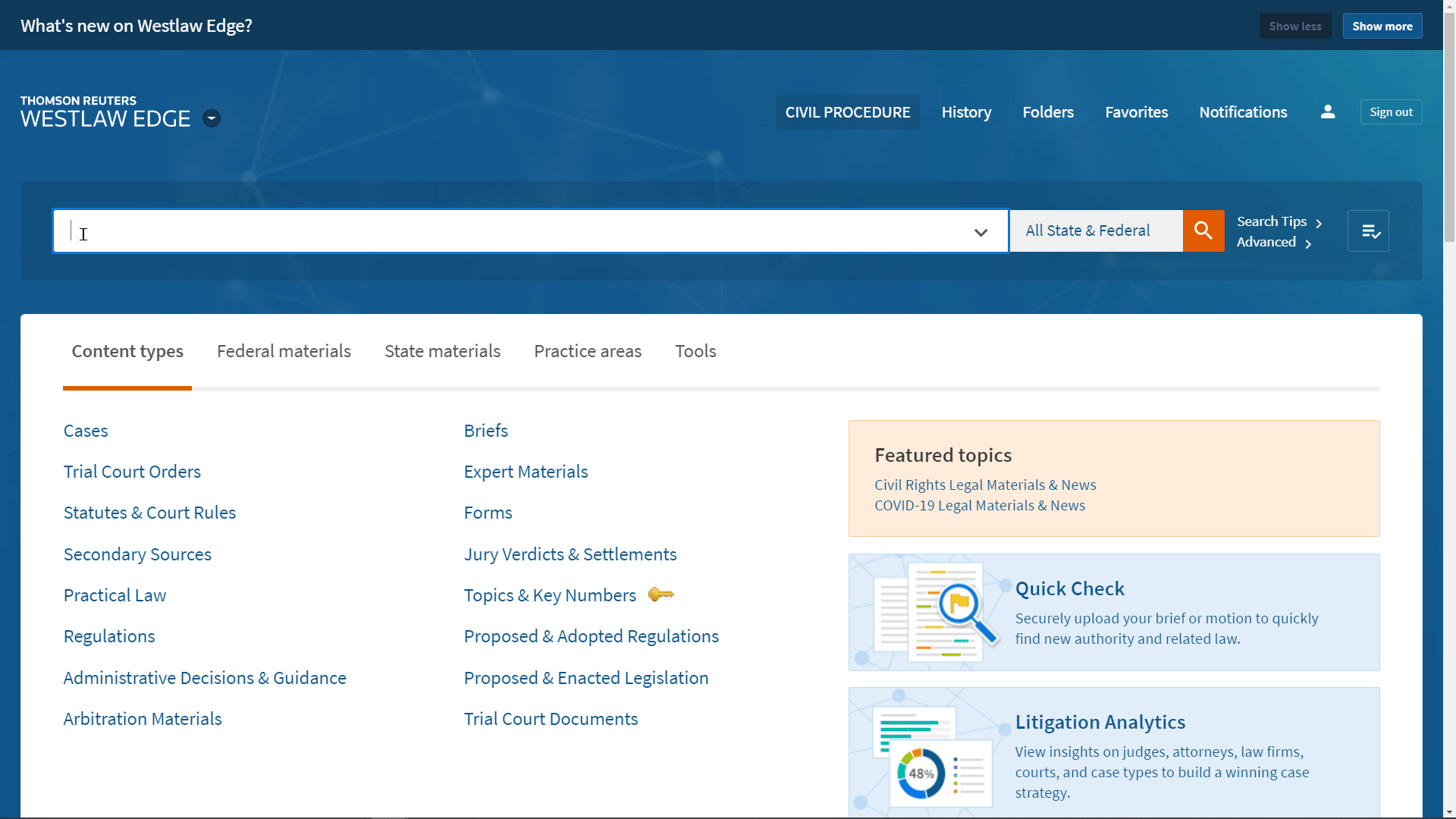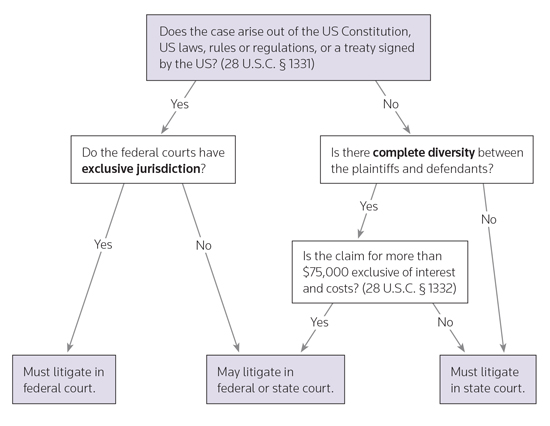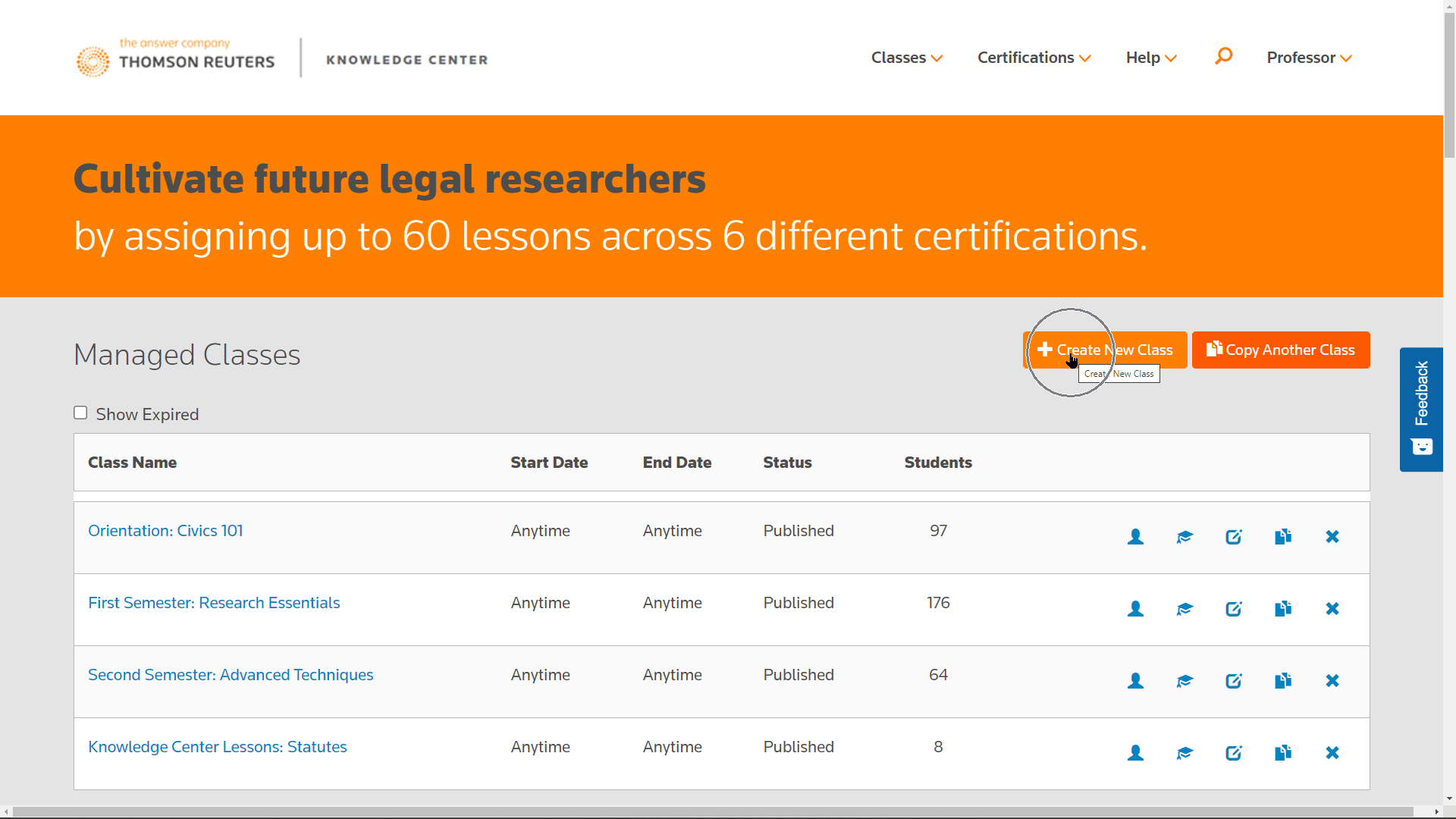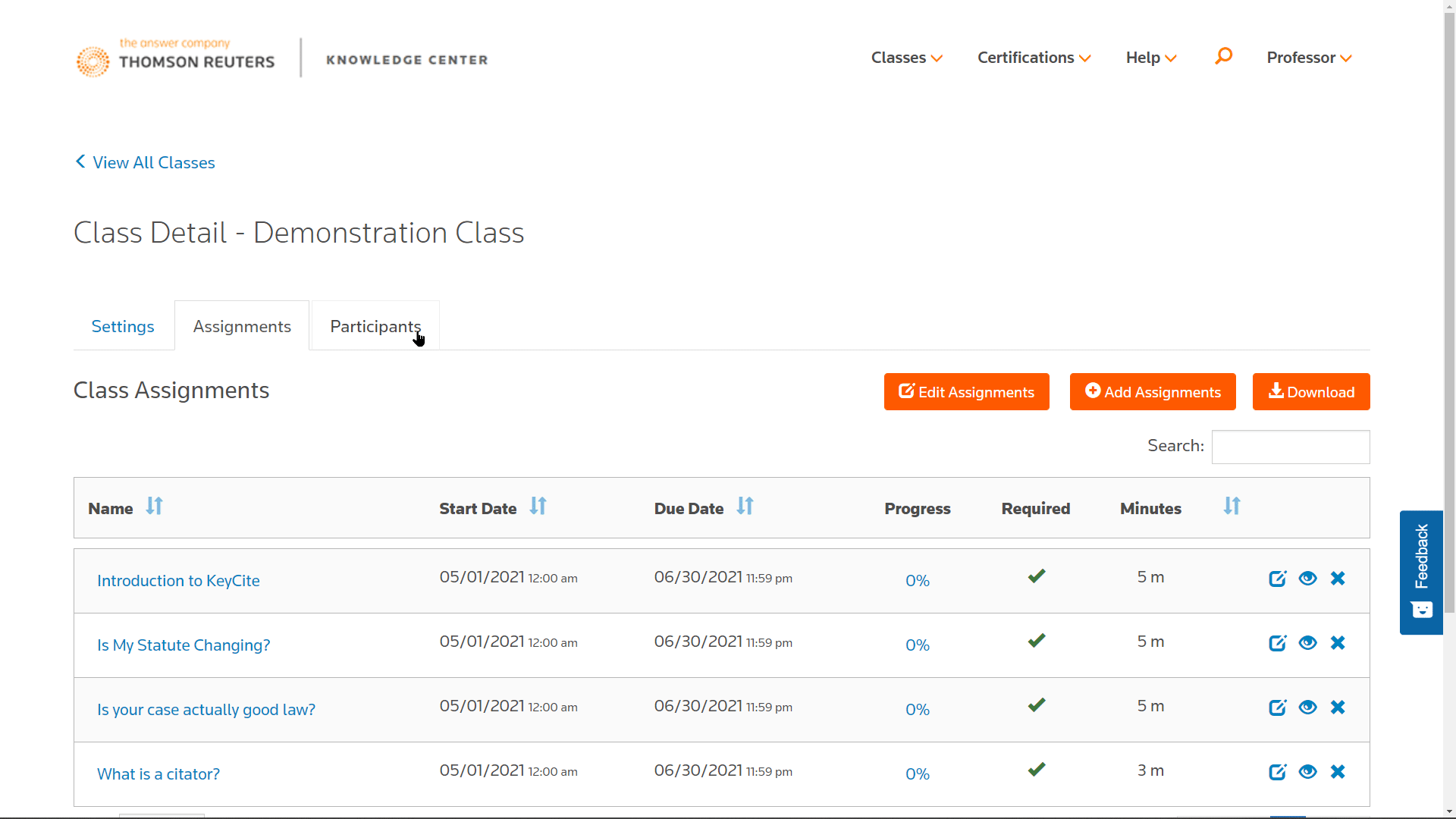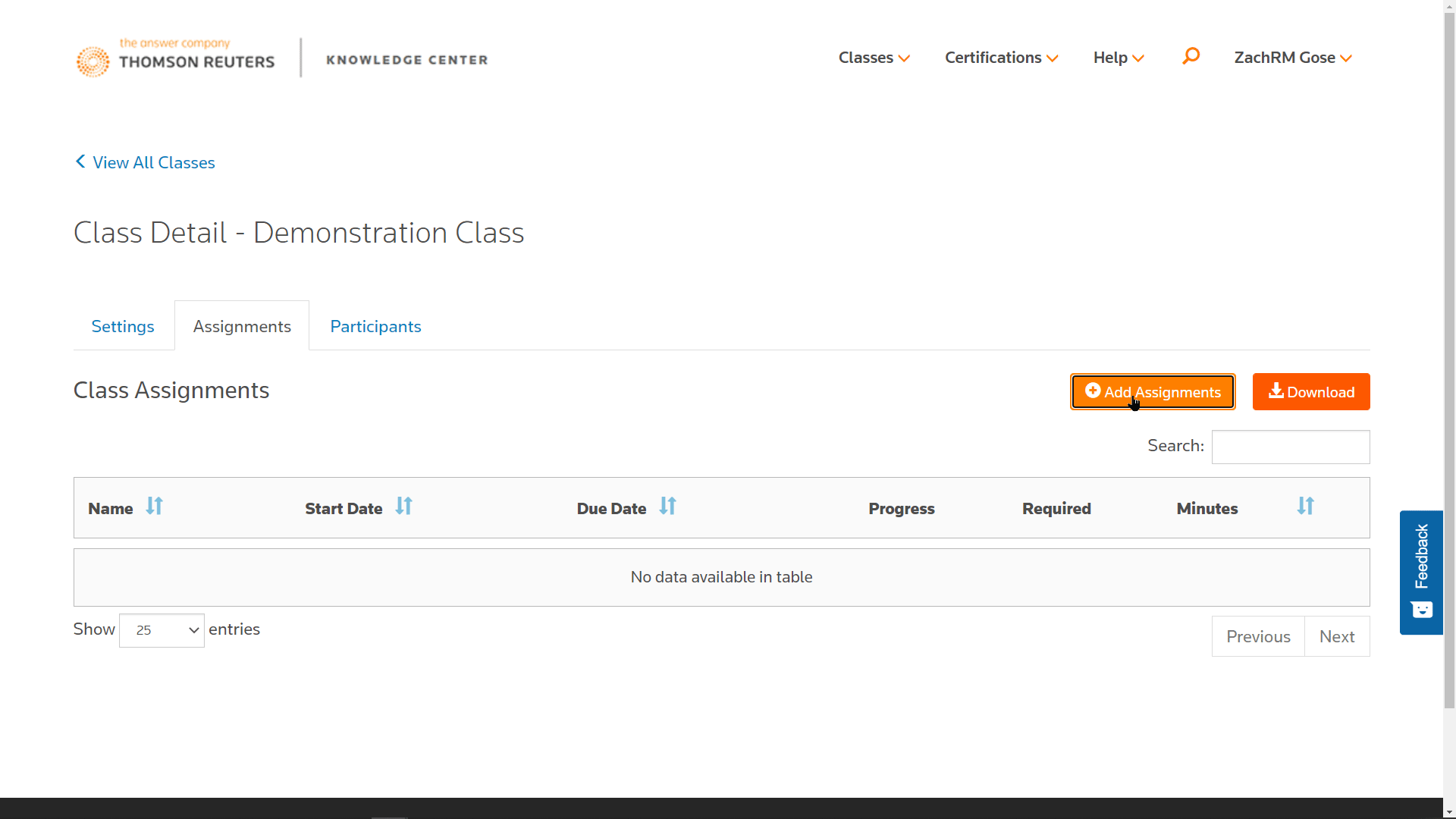Using Legal Research to Stay Ahead of the Curve
Whether you have recently started your law school career or are a seasoned ‘cold-call’ veteran, there is one thing that seems to delineate most of the law school difficulties: Legal Research. From my experience, legal research was daunting and, sometimes, unfruitful. This all changed when I realized how incredibly important (and maybe even fun) legal research is.
Research and writing are the two key duties that will always have a place in the legal profession. Yet, most law school students tend to believe that they will only be litigating and reenacting scenes from Law and Order or Suits – both of which are terribly inaccurate representations of practicing law, but that’s a topic for another day! While most other internships are great to have, legal research internships definitely take the cake as far as prestige.
When you choose legal research as something you want to do, rather than something you have to do, this is when you may be able to maintain an ‘edge’ over other students post-graduation. Here’s why:
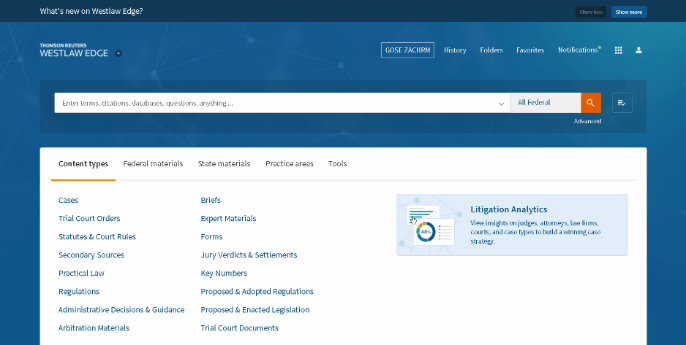
You’ll likely do a ton of legal research and writing when you practice.
Think I’m joking? Legal research and writing will compose approximately ninety-percent of an attorney’s role, and this is why students should search for those legal researcher opportunities (get it… search?). All bad puns aside, working as a researcher will likely net you several benefits:
- You’ll be an expert in legal research, and will likely stand out in the numerous scholarship writing competitions that are consistently offered (see ABA competitions)
- You will open the doors to an entire universe of diverse topics that you may not have uncovered otherwise
- You will be getting direct feedback on your work product from supervisors and experts in the legal field
Legal research and writing skills can lead to cash. Seriously.
Law school can be fairly burdensome on your wallet. Even if you are receiving scholarships, it doesn’t hurt to win a couple grand here and there from the various writing competitions that are offered year-round. By honing your skills in legal research and writing, you have the potential of accomplishing so many great publication opportunities and will most likely succeed in these competitions if you are constantly practicing those skills. Take a break from your res ipsa loquitur studies, and check out some of the law review articles on Westlaw. If you are familiar with the formatting and flow of law review articles, you will have a ‘foot-up’ in the writing competitions and will see the logical reasoning behind many different convoluted legal topics (the “black letter law” is essentially just a myth).
Legal research and writing skills can help you figure out what you really want to do.
Remember that one time where you had no idea what you wanted to major in for your undergraduate studies? Congratulations, you get to do it all over again! Unlike undergrad, there are tons of practice areas and hundreds more sub-areas within those areas. That’s a lot of “areas.” Whenever I ask my colleagues what they want to practice when they get out of law school, a significant amount of them say, “I want to work in transactional law.” Not all of you may be living in California, but I invite you to take a look at your state’s “Transaction Guide” in your law library to see just how many different subjects are covered. Here are just a few:
- Securities
- Mergers and Acquisitions
- Formation and dissolution
- Zoning, building, and environmental entitlements and permits
- Sales of goods under the Uniform Commercial Code
- Pawnbrokers, finance lenders, and secondhand goods dealers
There are more than 120 Chapters in the California Transaction Guide. I don’t know about you, but I certainly can’t familiarize myself with thousands upon thousands of laws and nuances and effectively advocate a client’s interest. Use your legal research experience to funnel your interests into a narrow field that you would like to commit to after graduation.
Getting honest feedback about your writing makes you a better lawyer.
I believe that receiving feedback on your work product is the most substantial benefit from working as a legal research intern. You will be getting feedback straight from the horse’s mouth. Remember, the people you are researching and writing for are the types of people that will be looking at your writing samples when determining if you fit well with their company. This is especially true if you score a job as a professor’s research assistant. Not only do you get direct feedback from professors, but you may also score a letter of recommendation.
My experience as a legal researcher has truly helped me understand that the social governing mechanics of the law are vast. Remember to always use your resources. Westlaw is provided without charge to students. If you’re not utilizing it, you’re leaving money on the table. Now, go and fill your curriculum vitae!
After graduating summa cum laude from Grand Canyon University, Nicolas Ahadzadeh began studying law in Fall 2018 at California Western School of Law in San Diego, CA.
“If we knew what it was we were doing, it would not be called research, would it?”
-Albert Einstein





